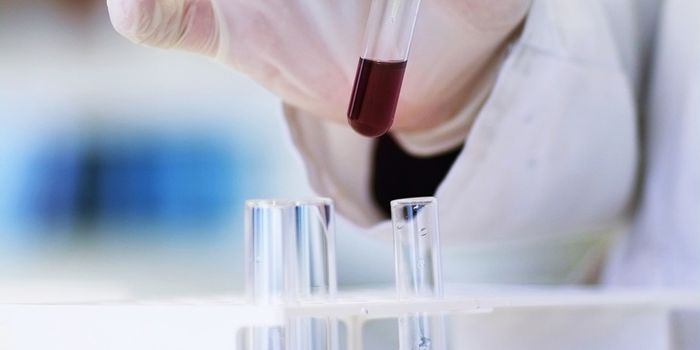Long-Term Antibiotics Raise the Risk of Death From a Systemic Fungal Infection
Infections are common, and many are becoming increasingly hard for clinicians to treat. Antibiotics are often used to treat or prevent bacterial infections, especially in critically ill patients. New research has found that those antibiotics are causing serious disruptions to the microbial community in the gut, and opening up an opportunity for a serious fungal infection, invasive candidiasis to move in. New research has suggested that if drugs that boost the immune systemic are used conjunction with antibiotics, it might reduce the risks posed by complex infections.
The findings have been reported in Cell Host & Microbe. The researchers noted that the study highlights the impact antibiotics can have; they go beyond fighting specific, dangerous microbes. Antibiotics can work indiscriminately, and eliminate beneficial microbes hat not only help us perform biological functions like breaking down food to absorb nutrients, but also keep the population of dangerous pathogens in check.
The researchers have determined that when opportunistic fungal infections arise in the gut, bacteria that live in the gut were able to escape, which can lead to other problems, including increasing the risk of an additional, systemic bacterial infection. Systemic bacterial infections can be very hard to treat, and extremely dangerous.
"We knew that antibiotics make fungal infections worse, but the discovery that bacterial co-infections can also develop through these interactions in the gut was surprising," noted lead study author Dr. Rebecca Drummond. "These factors can add up to a complicated clinical situation," but it will be easier for clinicians to treat patients effectively if we understand the underlying causes of these complex cases.
Related: Can Viruses Help Us Fight Antibiotic-Resistant Bacterial Infections?
In this study, mice were given a cocktail of broad-spectrum antibiotics, and then they were exposed to Candida albicans, which is the the most common cause of fungus invasive candidiasis in people. Mice that were infected were more likely to die than those not infected, but the infection that killed them was in the intestine, and not in other organs.
The researchers found that the antibiotics were disrupting some aspects of the immune system in the gut. When infected mice were also treated with drugs that stimulate the immune system, and the fungal infection was tamped down.
A survey of hospital records revealed that some people treated with antibiotics in the hospital had also developed co-infections. Antibiotics were linked to both an increase in the risk of invasive candidiasis, and an increased risk of mortality from that fungal infection.
As a mountain of other research has shown, people should be careful with antibiotics. Patients should only take antibiotics as they are prescribed, and clinicians should also be careful not to prescribe them when they are unnecessary or useless, especially with hospitalized patients. It seems that a balance has to be found between preventing and encouraging infection.
"If we limit or change how we prescribe antibiotics we can help reduce the number of people who become very ill from these additional infections as well as tackling the huge and growing problem of antibiotic resistance," added Drummond.
Sources: University of Birmingham, Cell Host & Microbe









